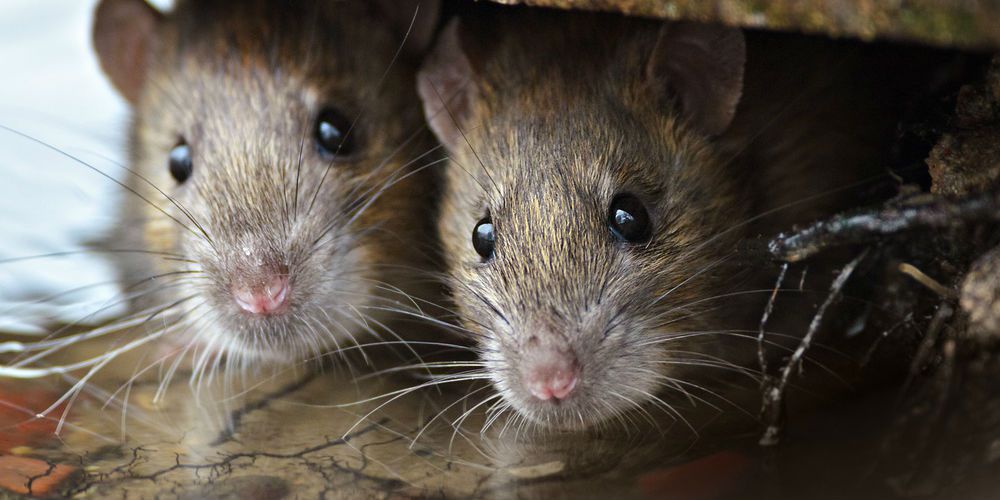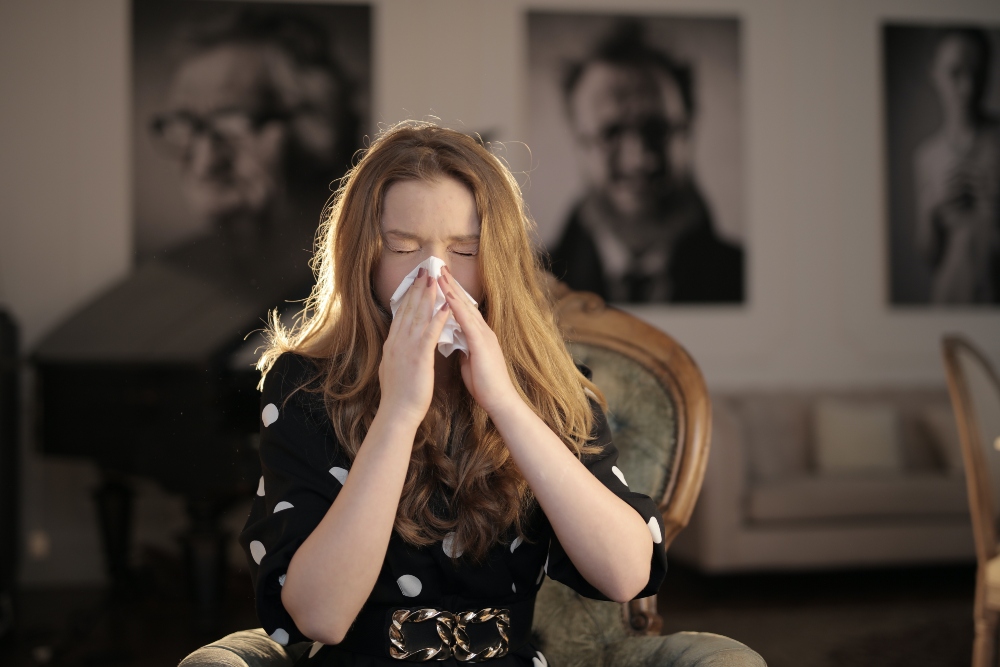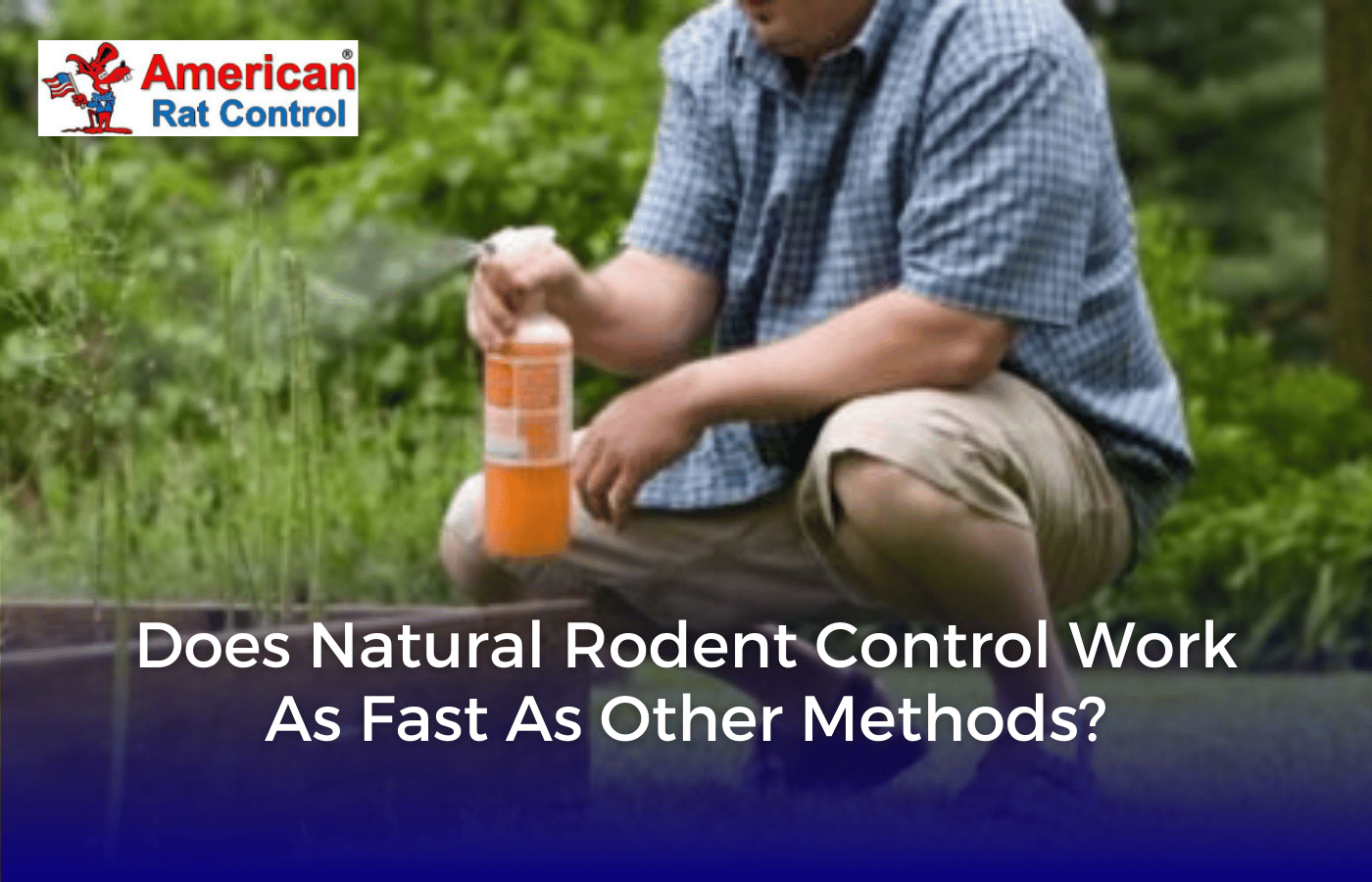Rat infestations are a common problem in urban and rural areas alike. These rodents are known to carry a variety of diseases that can be transmitted to humans, including hantavirus, leptospirosis, salmonella, and rat-bite fever. In addition to spreading diseases, rats can also cause damage to buildings and contaminate food. Moreover, their presence can be a significant source of psychological distress for individuals and families. Rats are attracted to areas with abundant food, water, and shelter. They can enter homes and other structures through small gaps and openings, and once they establish a presence, they can multiply rapidly. Rat infestations are particularly common in densely populated areas. That’s why hiring an exterminator can solve this issue with ease. In this article, we will share all the health risks of rat infestation.
Spread of diseases
Rats can spread diseases that are dangerous to humans. They can transmit these diseases through contact with their droppings, urine, or saliva and through bites and scratches. Because of this, taking measures by your hand is a bad idea. Hantavirus, for example, can cause severe respiratory problems, including difficulty breathing, coughing, and fever. Leptospirosis, another disease carried by rats, can cause liver and kidney damage and be fatal in severe cases. Salmonella is a bacterial infection contracted by eating food contaminated by rat feces or urine. Symptoms of salmonella infection include fever, diarrhea, and abdominal pain. Rat-bite fever, transmitted through bites or scratches from infected rats, can cause fever, vomiting, and rash. These diseases can be particularly dangerous to young children, the elderly, and individuals with weakened immune systems.
Allergic reactions are associated with rat infestations too
In addition to spreading diseases, rats can trigger allergic reactions in some people. Their droppings, urine, and dander can cause respiratory problems and skin irritation. People sensitive to these allergens may experience sneezing, coughing, wheezing, or hives. You might want to look to move from the house until the problem is solved. Regarding the health risks of rat infestation, this one can seriously disrupt your lifestyle. Allergies can be persistent, so moving out for the time being can be a good idea.
Structural Damage and Fire Hazards
Rats can cause significant structural damage to buildings and homes. They have strong teeth and can chew through wood, plastic, and metal. Rats can gnaw on electrical wires, which can lead to electrical fires, and they can damage pipes, which can cause water leaks and floods. In addition to causing structural damage, rats can pose a fire hazard. Rats gnawing on electrical wires can create a short circuit, igniting nearby combustible materials. That can result in a house fire, which can be devastating. Rats are also known to build nests in insulation, which can cause them to become compressed and lose their insulating properties. That can lead to increased energy costs and reduced comfort in the home. That is a major one when discussing the health risks of rat infestations.
Furthermore, it is important to eliminate rat infestations as soon as possible to prevent structural damage and fire hazards. That may involve sealing off entry points, using traps and baits, and removing food and water sources. Repairing any damage already caused by rats, including repairing gnawed electrical wires and pipes, is also crucial. Also, moving out is a good idea, as mentioned earlier. Removing your valuable stuff from the house is also a good idea, as rats can damage them. Rental units can help you, so look for the right unit for your important stuff.
Contamination of Food
Rats are notorious for contaminating food in homes and businesses. They can transmit harmful bacteria and viruses through feces, urine, and saliva, contaminating surfaces and food items. That can result in food poisoning, which can cause symptoms such as nausea, vomiting, and diarrhea. Rats can also cause physical damage to food packaging, allowing bacteria and other contaminants to enter. They can chew through cardboard, plastic, and even metal cans to access food inside. That can lead to food spoilage and waste and an increased risk of illness. In addition to contaminating food directly, rats can also attract other pests, such as cockroaches and flies, which can spread disease and contaminate food. That can create a cycle of contamination that can be difficult to break.
Psychological Effects
Rat infestations can cause psychological distress, particularly in children. Seeing rats or their droppings can be unsettling and traumatic, and the fear of contracting diseases from them can be overwhelming. That can lead to anxiety, stress, and fear, which can affect a person’s mental health.
Prevention and elimination of rat infestations
If you want to prevent the health risks of rat infestations, taking steps to prevent and eliminate them is important. Sealing up any holes or gaps in your home that rats could use to enter is crucial. Keeping food stored in sealed containers and promptly cleaning up any spills or crumbs that could attract rats is also important. Additionally, removing any standing water or moisture sources can help deter rats from nesting in or around your home.
Seeking professional help can reduce the health risks of rat infestations
If you suspect a rat infestation in your home, it’s important to contact a professional pest control service to help you eliminate the health risks of rat infestations. These professionals have the equipment and expertise to eliminate rats and prevent their return.
Conclusion
In conclusion, rat infestations can pose significant health risks to humans. Rats can spread diseases, trigger allergic reactions, cause structural damage, contaminate food, and cause psychological distress. Therefore, preventing these health risks is important to prevent and eliminate rat infestations and seek professional help if necessary. Doing so can protect yourself and your family from the health risks of rat infestations.








